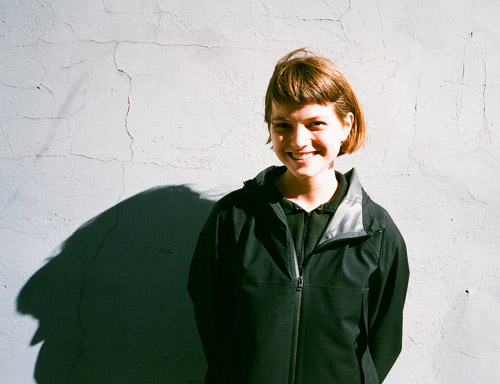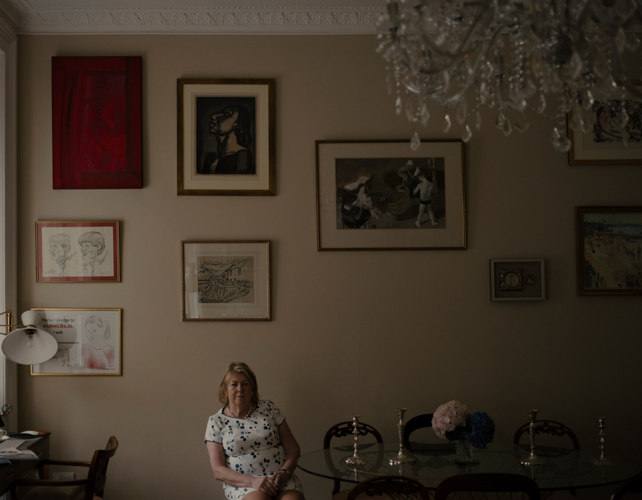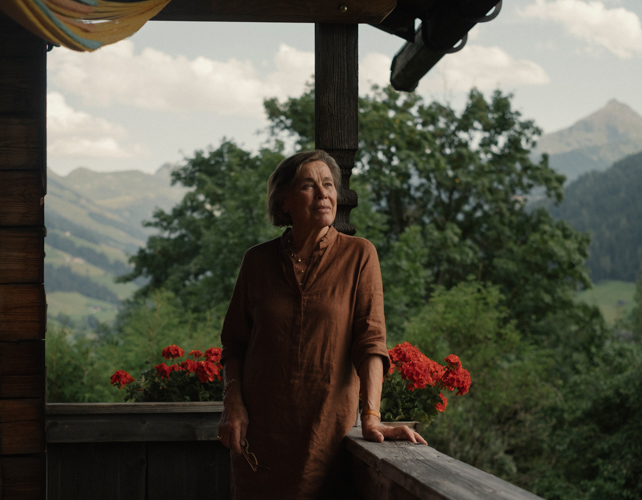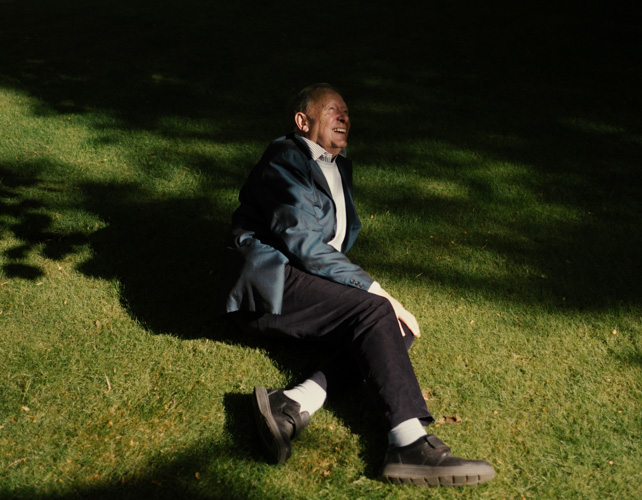Baroness Goudie is a Labour member of the British House of Lords and a global advocate for the rights of women and children. She works globally to promote gender equality, women’s rights and peacebuilding. Her parents emigrated to London, where Goudie was born in 1946. In 1971, she became the youngest woman elected to the Brent London Borough Council. She has since gone on to advise the Georgetown Institute for Women, Peace and Security. She is also on the advisory board for the London School of Economics – Centre for Women, Peace and Security and a member of the advisory board of Womens Forum, a leading platform dedicated to highlighting women’s voices and perspectives on global issues.
Baroness Goudie is also a member of the Gender Action for Peace and Security (GAPS) management board of advisors, and a trustee of the El-Hibri Charitable Foundation, which fosters interfaith dialogue and establish common ground and solutions to global challenges affecting mankind. Baroness Goudie is an active ambassador for ICRW, a global research institute whose mission is to empower women, advance gender equality and fight poverty as well as a founding member of the 30% Club steering committee, which aims to influence chairman into bringing more women on to corporate boards across the world.
In this conversation with Alice Boyd, Baroness Goudie talks about growing up in an Irish community in London, as well as the increase in diversity in the city after World War II. She talks about how she came to work in politics and women’s rights, and the importance of moving forwards in our recovery from coronavirus.

Baroness Goudie was interviewed by Alice Boyd, who studied Geography at the University of Oxford, and works as a composer and sound designer for theatre, film and audio.
Interview Highlights
Immigration to the UK
We also had friends who […] had got to Britain as Jewish refugees […] so it was about those who got to Britain, and of course had [faced] the discrimination of the war and what was caused by Hitler. Of course we talked about [that], but it was about how you protected the people who came. People were refugees to the UK and they were making a new life. [….] There was discrimination against them and there was discrimination certainly in the late 50s and early 60s about, ‘No Blacks, No Irish need apply’. You saw these notices in shop windows about people shouldn’t apply. In those days, people let rooms or let parts of their house and it was ‘No Irish, No Blacks, No Children, No Animals’. You were all lumped together, and that’s where you saw that form of discrimination. Discrimination against Jews was jealousy, but not as open at that time as we’ve seen it in other situations now. But they were welcomed. And in the area we lived in, and the area when I got married we lived in, when I was on the local authority [council board], everybody was welcome, you know? It was comfortable… everybody lived together.
On work
[Working on an international stage] was wonderful. You learnt all the time because people had more ideas. Some people didn’t have much patience with Britain, even in those days. But it was really important because you learnt so much. Also, in some issues around human rights, not always on the gender rights, you were talking to people who were very enlightened. [The dynamic between the UK and European Union at that time] was okay, because people [and their views] were accepted… so it’d be like you and me going to a meeting, so it worked. They may not like x, but it was all okay because everyone was inclusive.
On gender equality
In the sense of discrimination now, it’s not as bad as it could be. There are people out there who still believe a women’s place is sitting at home. We have to protect the jobs and how far women have come as we come out of this challenging time [i.e. covid-19]. I didn’t see it, but I know there was an article in the Times today, and there have been articles in other places, which ask where women will be when we come out of this. Well, women should be where we are now, because we are at the frontline in every job. In the same way as we’re chairing things, in being on boards, and we should not give up on those positions. […] The Government has led this [women’s equality], despite all the ups and downs from the Blair-Brown government, from David Cameron, from Prime Minister May and Prime Minister Johnson. They panicked and they stopped the gender pay gap figures being announced, and the women on boards figures, which was a bad thing because they blamed the pandemic before. So Britain led on this, so we have to say, “you were leading on this, you’ve got to continue to lead on this.” And we’ve already started to put pressure on them.
The future of Europe
I’ve always felt proud to be European. Always. From the time when we joined Europe. [I think it is] because] because I like people to be together. I don’t want to be an island. I like people. Globally. I suppose it’s [about] being cosmopolitan if you use the old fashioned word. I think it’s about being part of NATO, being part of Europe, being part of the G7, the G20, the World Bank, all of these global things, where Britain was a leader, and should continue, goodness knows how, to be a leader. [My hope for Europe’s future is] that it continues in the strengths that it has. I hope that one day Britain becomes part of the European Union [again]. That’s going to be a long time. But also that in part of the agreement with Europe, that we can still have access to the Erasmus programme, the space programme and freedom of movement.



